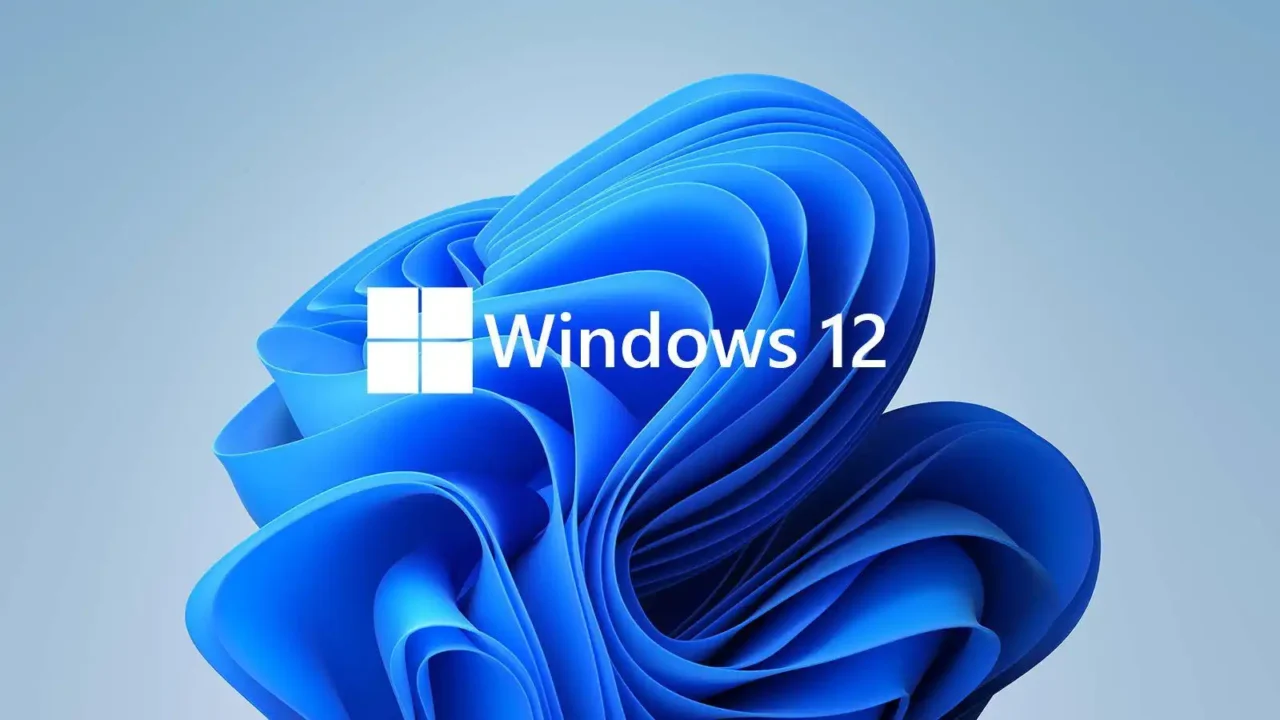
As anticipation builds for the next big release from Microsoft, rumors and updates about Windows 12 continue to captivate tech enthusiasts around the world. Although there’s yet to be official confirmation from Microsoft regarding its launch, several indicators suggest that we may see Windows 12 making its debut in the near future.
Key highlights:
- Features and Improvements Wishlist: Users are hoping for a bloatware-free experience, improved context menu, better widgets, enhanced start menu search, and a unified control panel and settings experience. Additionally, more Windows-Android ecosystem features are desired.
- Hardware Requirements: Speculation suggests Windows 12 may require a built-in Neural Processing Unit (NPU) for enhanced security, though most current PCs do not have this. The expected requirements include a 1GHz or faster processor with 2 or more cores, at least 4 GB RAM, 64 GB storage, UEFI firmware, TPM version 2.0, DirectX 12 compatible graphics card, and a high-definition display.
- Artificial Intelligence Integration: With advancements in AI, Windows 12 is expected to feature smarter interactions, personalized recommendations, and automated tasks, reflecting a commitment to innovation.
- Security and Privacy Enhancements: Enhanced encryption options, robust antivirus solutions, and improved user authentication methods are anticipated.
- User Interface and Design Changes: A more engaging and intuitive interface with new customization options and enhanced touch and stylus experiences is expected.
- Integration with Microsoft Services: Deeper integration with Microsoft’s ecosystem of applications and platforms is likely, enhancing productivity and user experience.

Understanding the Buzz Around Windows 12
The excitement for Windows 12 stems not just from its potential features but also from its implications for the future of computing. Artificial Intelligence (AI) stands out as a pivotal area, with Microsoft reportedly working with Intel and AMD to incorporate cutting-edge AI features. This move towards AI hints at a more intelligent and personalized computing experience. However, it’s essential for users to consider compatibility with their current hardware and the new security and privacy measures that will accompany Windows 12.
The rumored design changes aim to refine the user experience further, promising a more visually appealing and user-friendly environment. Moreover, the expected deeper integration with Microsoft services suggests a seamless transition between different platforms and devices, catering to a more connected digital lifestyle.
Redefining User Interactions
The user interface (UI) and overall design of Windows 12 are anticipated to undergo significant refinements. Microsoft has consistently aimed to balance aesthetic appeal with functionality, and Windows 12 is expected to continue this trend. The introduction of new customization options, alongside improvements to the touch and stylus experience, could make Windows 12 the most user-friendly version yet.
While the buzz around Windows 12 continues to grow, it’s crucial to remember that much of the information currently available is based on speculation and rumors. The true impact of Windows 12 will be understood only once official details are released by Microsoft. However, the potential for significant advancements in AI, security, user interface, and integration with Microsoft’s broader ecosystem paints an exciting picture for the future of Windows operating systems. As the tech community eagerly awaits official announcements, it’s clear that Windows 12 could mark a significant step forward in personal computing, blending tradition with innovation in the ever-evolving digital landscape.


















